By Valerie Garforth (FAUSA)
Much can be learned about living an environmentally considerate life by looking back to our younger days, growing up in the pre-consumer age. Young people today are rediscovering how to live that way, and we have much to learn from each other!
Last month in Lessons from the Pre-Consumer Age – Part 1, I shared information about life growing up in England in the1950s and 1960s. I specifically talked about food, clothing and possessions. Today in Part 2, I’d like to tell you about travel, entertainment, the Waste not – Want not mentality and which modern conveniences I’m glad not to live without. :-)
Travel
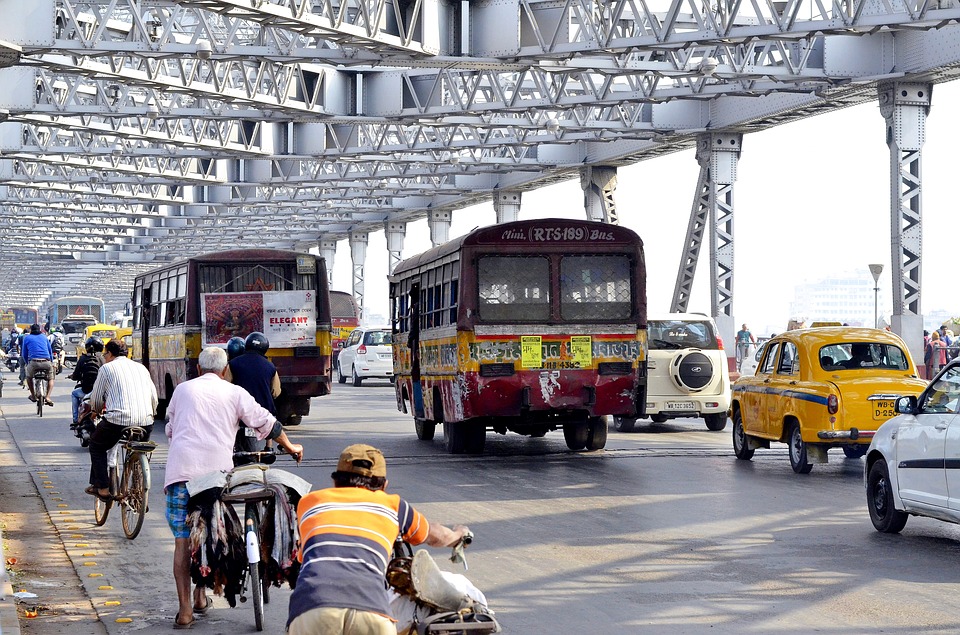 Travel was simple and very few people owned a car. My husband’s family never owned a car – there was a bus stop right outside the front door and it was only a mile or so to walk into town. You could take the bus back. There was a “parade” of shops just down the road which supplied most daily needs. Businessmen would cycle to work, and I remember our neighbor putting bicycle clips around the trouser legs of his business suit to stop them getting caught in the chain. Buses ran frequently and could get you to most places. At the age of 4 ½, my mother enrolled me in a school across town. She would walk me to the bus stop, and I rode to school on the public bus. Later she enrolled me in the local school which was just two blocks away, and I was able to walk home at lunchtime. Young people today often prefer to live in town and not to own a car, and complement public transport with rental bikes, scooters and Lyft or Uber.
Travel was simple and very few people owned a car. My husband’s family never owned a car – there was a bus stop right outside the front door and it was only a mile or so to walk into town. You could take the bus back. There was a “parade” of shops just down the road which supplied most daily needs. Businessmen would cycle to work, and I remember our neighbor putting bicycle clips around the trouser legs of his business suit to stop them getting caught in the chain. Buses ran frequently and could get you to most places. At the age of 4 ½, my mother enrolled me in a school across town. She would walk me to the bus stop, and I rode to school on the public bus. Later she enrolled me in the local school which was just two blocks away, and I was able to walk home at lunchtime. Young people today often prefer to live in town and not to own a car, and complement public transport with rental bikes, scooters and Lyft or Uber.
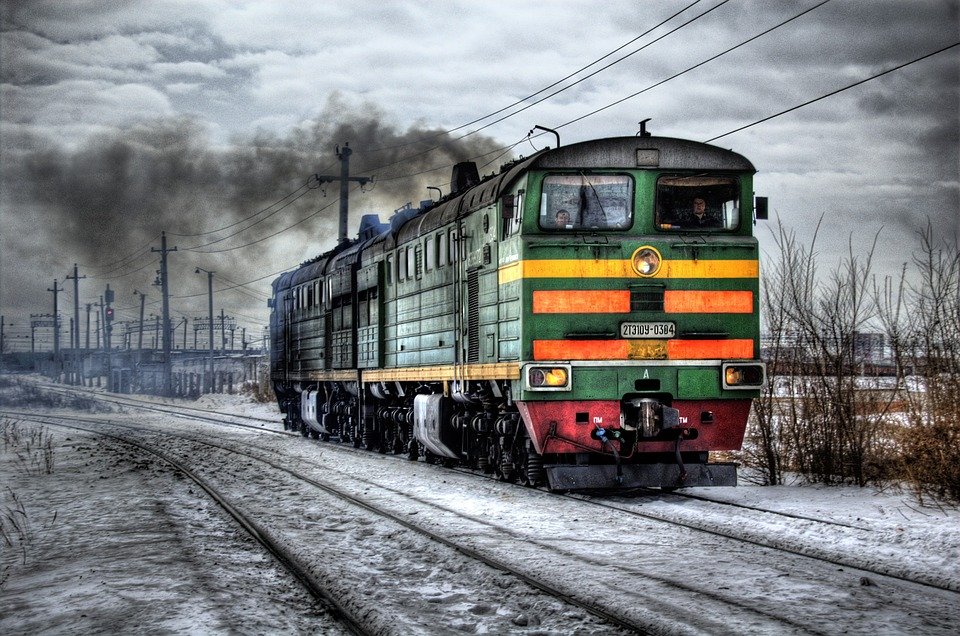
The train system in Britain was, and is, extensive and can get you to most parts of the country even today. When I attended the FAWCO conference in Birmingham in 2005, I flew into Gatwick Airport, took the train straight from the Airport to Birmingham, with the hotel only a short walk from the railway station. After the conference, I took the train to Lancaster to visit my sister, then took the train to York to visit my cousin, following which the train took me to London, and, after a change, to Brighton to visit my mother. I finally took the train from Brighton to Gatwick to catch the plane back to the US.
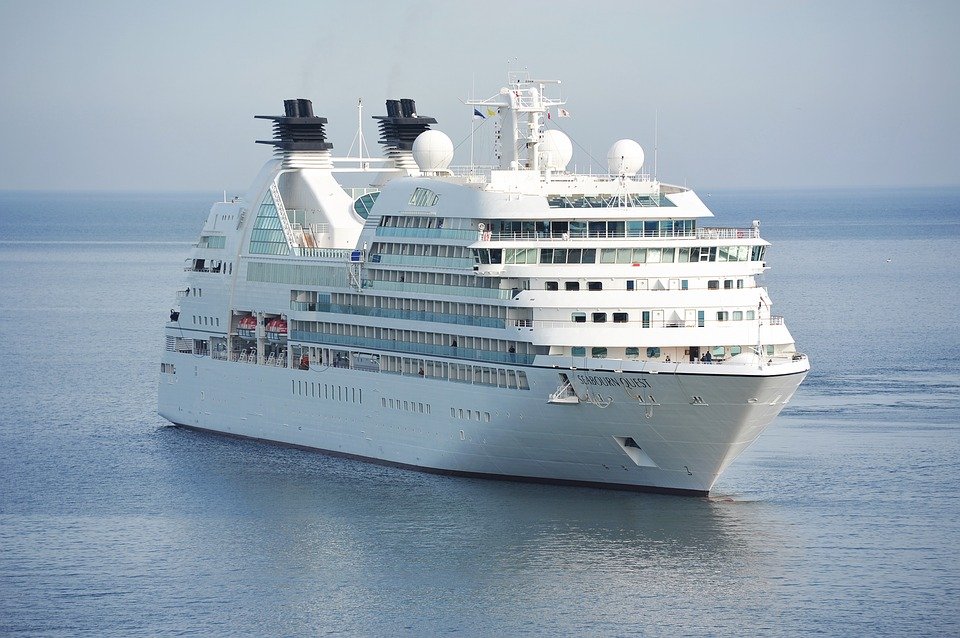
One other memory from the 1950s: my father was an officer in the Royal Navy and in 1953, was seconded as a training officer to the Indian Navy. People did not fly in those days (unless you were royalty or on top government business), so we went to Bombay by ocean liner. It was called the “Stratheden,” and had served as a troop ship during the war but had been reconverted back to civilian service. The journey took three weeks, and we traveled through the Straits of Gibraltar, stopping at Marseilles, in France, and then went via the Suez Canal through the Red Sea, stopping at Aden before crossing the Indian Ocean to Bombay. In 1955, we made the return journey on the same route. I must say it’s a wonderful way to travel and has spoiled me for modern cruises; however, these days it might not be as environmentally friendly as a five-hour flight in a modern plane. Greta Thunberg, of course, went by sailing ship across the Atlantic, the most environmentally considerate way of all!
Waste not – Want not!
Very little was wasted: wrapping paper was folded up neatly, and things like string, buttons, pins, safety pins, rubber bands, etc. were saved. Any kind of container would be washed out and saved for future use. All this is applicable to today: toothpaste tubes can be cut open and provide toothpaste for several more days; water can be added to all kinds of bottles (shampoo, conditioner, washing up liquid, etc.) to extend the supply and reduce the amount of product going into the recycling. Paper printed on one side can be put back in the printer to print on the other side. Holiday and birthday cards can be saved for crafts at the local school, and holiday wrapping paper and ribbon can be saved from year to year. The greaseproof bags of cereal boxes are wonderful for wrapping sandwiches. We regularly shop at thrift stores, garage or estate sales and have found some great bargains including expensive (but opened) aftershave lotion, hair dryers, hardly worn clothing, etc.
Entertainment
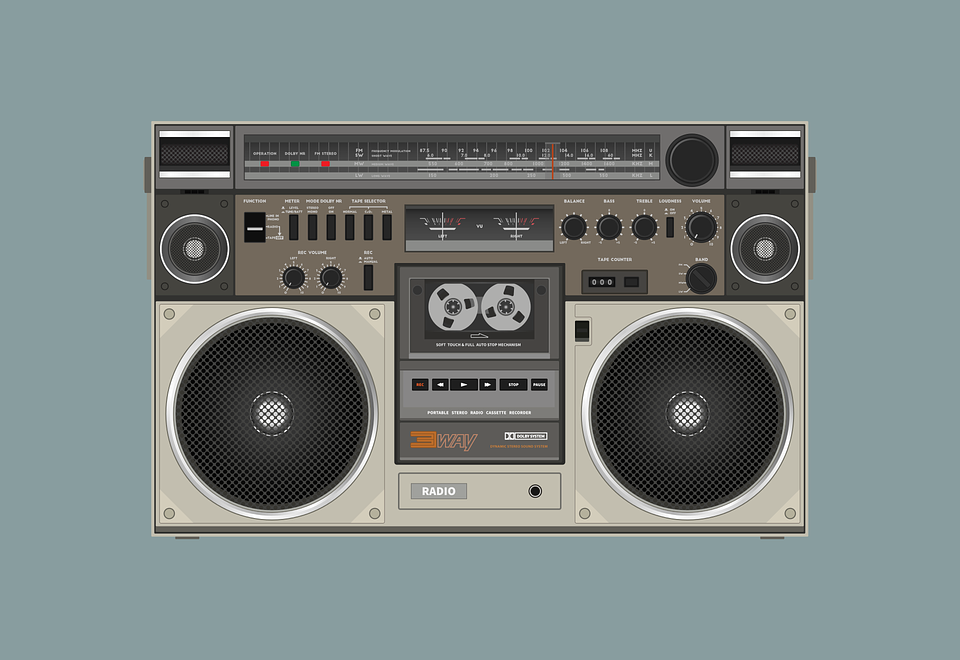
BBC radio provided our communication with the outside world and our entertainment. There was a news program three times a day and a weekly play. “Listen With Mother” was on daily for ¼ hour starting at 1:45 p.m. We did not have a television until I was 10 or 11, and there were just two channels. Children’s Hour was from 5 p.m. to 6 p.m., and then the service would shut down for supper time. We played outside when the weather was good and went for long walks and bicycle rides. Families played cards and games together, including long games of Monopoly and Mahjong. Reading was our other big entertainment, and we visited the library every week. We were only allowed to take out two books at a time, so it was always a big decision! Libraries are a great resource, these days providing much more than just books: they have media rooms, meeting rooms, computer stations and are repositories for local historical information.
Today’s Modern Conveniences
There are many modern conveniences that I would not want to do without: the washing machine, dishwasher, microwave, a hair dryer which does not cost a week’s wages, and I have to say, the computer and mobile phone. We have a clothes dryer, but I don’t use it much – the clothes are hung outside on a rotary 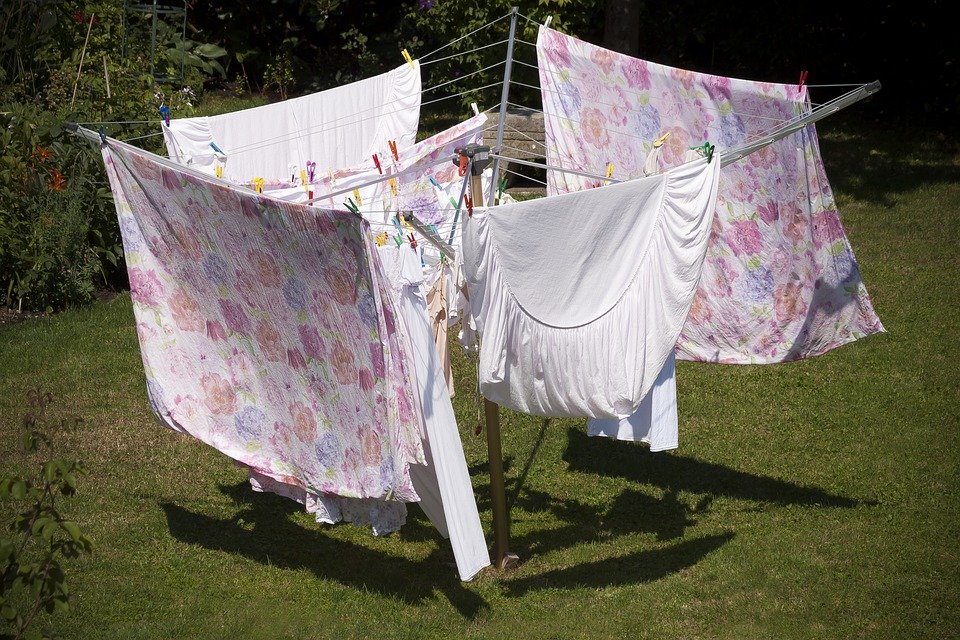 dryer in the summer and on a rack in a spare room in the winter, and I enjoy the quiet time. I am glad that I don’t have to knit sweaters or make clothes anymore, but I still darn socks! Growing up, we had one family bathroom and would take a weekly bath and have a flannel wash in between. Today I am grateful for my daily hot (but short) shower! I am glad that we have central heating, double paned windows and a clever thermostat which can manage the temperature in the house, but I am happy to wear long underwear and woolen socks in the winter and to wear a sweater and socks in bed to keep warm. I am glad to have the independence of a car, but it is 22 years old – we fix it from time to time and appreciate the local garage!
dryer in the summer and on a rack in a spare room in the winter, and I enjoy the quiet time. I am glad that I don’t have to knit sweaters or make clothes anymore, but I still darn socks! Growing up, we had one family bathroom and would take a weekly bath and have a flannel wash in between. Today I am grateful for my daily hot (but short) shower! I am glad that we have central heating, double paned windows and a clever thermostat which can manage the temperature in the house, but I am happy to wear long underwear and woolen socks in the winter and to wear a sweater and socks in bed to keep warm. I am glad to have the independence of a car, but it is 22 years old – we fix it from time to time and appreciate the local garage!
We in the developed countries are blessed with much that makes our lives comfortable, and I think that if we are aware of these blessings and grateful for them, it will go a long way to our living an environmentally considerate life. It is ironic that finding a way toward a better future entails going back to the past in some areas!

